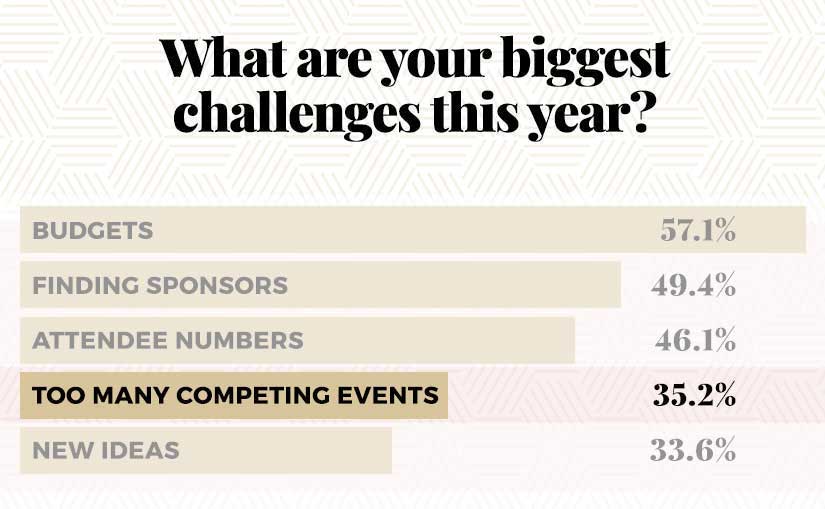
Wordsmart High School Excellence Program Environmental Research
High School Internships At the School of Earth, Energy & Environmental Sciences, high school students spend the summer working in research laboratories. The students become involved in existing research projects and are supervised directly by graduate students, post docs and lab managers. This program enables graduate students to serve as supervisors, prepares high schools students for college and helps strengthen the connections between Stanford and local high schools. Since 2004, over 250 high school students have worked in research labs in the School of Earth, Energy & Environmental Sciences and learned about the process of science first hand. We offer several, with different areas of focus and time commitments. Applicants can apply to more than one option and must indicate what they want to be considered for. Watch the slide show of interns in action - lab work, group fun and presentations!
Jun 28, 2011 - High School GPA of Entering Freshmen. Engineering Technology, Environmental Science and Technology, Industrial. In speaking and writing through the Word Smart IIvocabulary program, developed by Princeton.
• What happened in 2015: • • • What happened in 2013: Options for 2019: Biodiversity - Analyze data for publication to understand past and current trends in evolution and extinction Environment - Work one on one with a researcher in an environmental research groups Geology - Work one-on-one with a scientist in one of the geology laboratories Energy - Work one-on-one with a scientist in one of the energy resources groups The Biodiversity Option The Young Investigators: Biodiversity gives 9 high school students an opportunity to learn about the methods used by modern paleobiologists. High school interns become the scientists who study the relationship between environmental change and biological evolution over thousands, millions, and billions of years. Students gather data to help answer important scientific questions such as how animal body size has evolved over 3.8 billion year history of life on Earth; the causes and consequences of the planet’s major extinction events; and why some species go extinct while others survive. In 2019, the focus will be on marine fossils and extinction selectivity. Interns work with the Paleobiology research group for the entire summer. Cimco edit v7 full crack cinema. They work for 5 days per week, 9 am to 4 pm. The Environment, Geology and Energy Options Interns have examined the geochemistry of sediments in Bangladesh to understand arsenic in groundwater; discovered the past history of the oceans by analyzing coral skeletons; and dated rocks gathered from streambeds in Palm Springs to learn how quickly an earthquake fault is moving.
In the energy field, students examined numerical model that describes a gasoline particulate filter (GPF) system. We also have social science projects some summers, that investigate how humans interact with the environment and resources. The projects in these options are different every summer, and students are assigned to labs based on interest (from application answers) and coursework (i.e. AP chem for chemistry lab). Interns are assigned to work with one research group for the entire summer in these two options. Interns work for 15-30 hours per week, on a schedule determined with individual supervisors.
We expect to have 5-10 positions each summer. Application Information: The high school internship program is an annual program. The application is released in late January and is due March. 2002 it microsoft picture manager 2007 portable cd recorder. You will find the application on this page at that time. Late applications are not considered; there are always more qualified students than placements. Make sure you read this - Here is a blank form of the application so that you know what is required when you begin your application. By February 1, 2019: Application Available March 15, 2019: Applications Due March 24, 2019: Letter of Recommendation Due About May 1, 2019: Acceptance letters sent out Tuesday, June 18, 2019: First day of Internships Thrusday, August 8, 2019: Final Presentations Young Investigators are expected to work during regular working hours during the week.